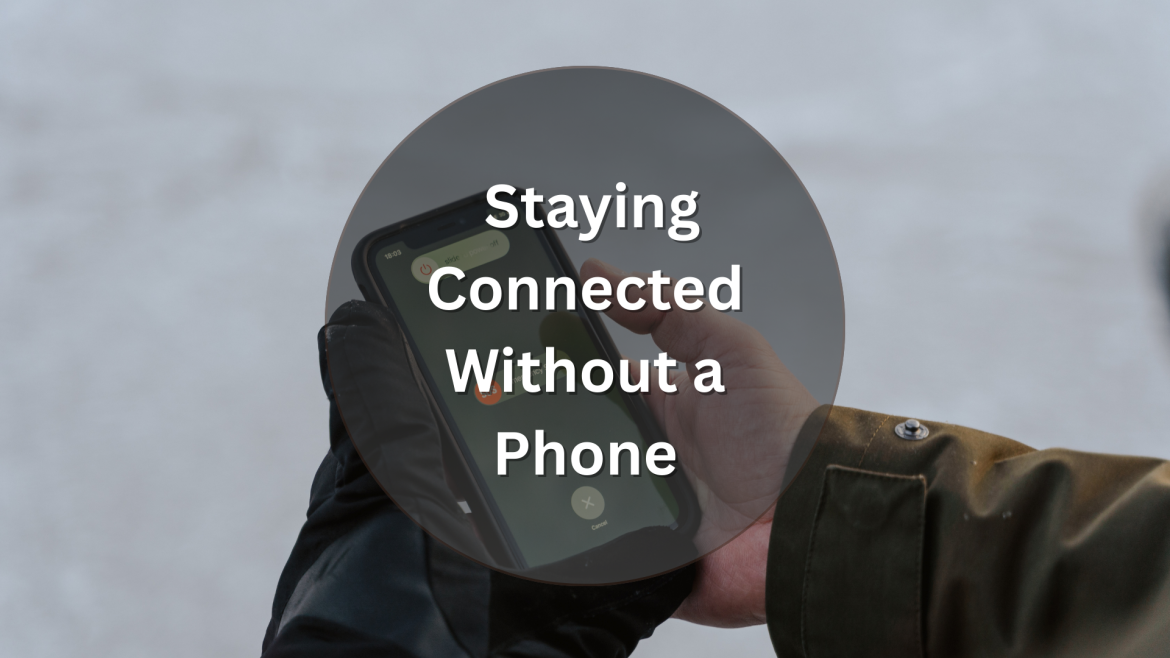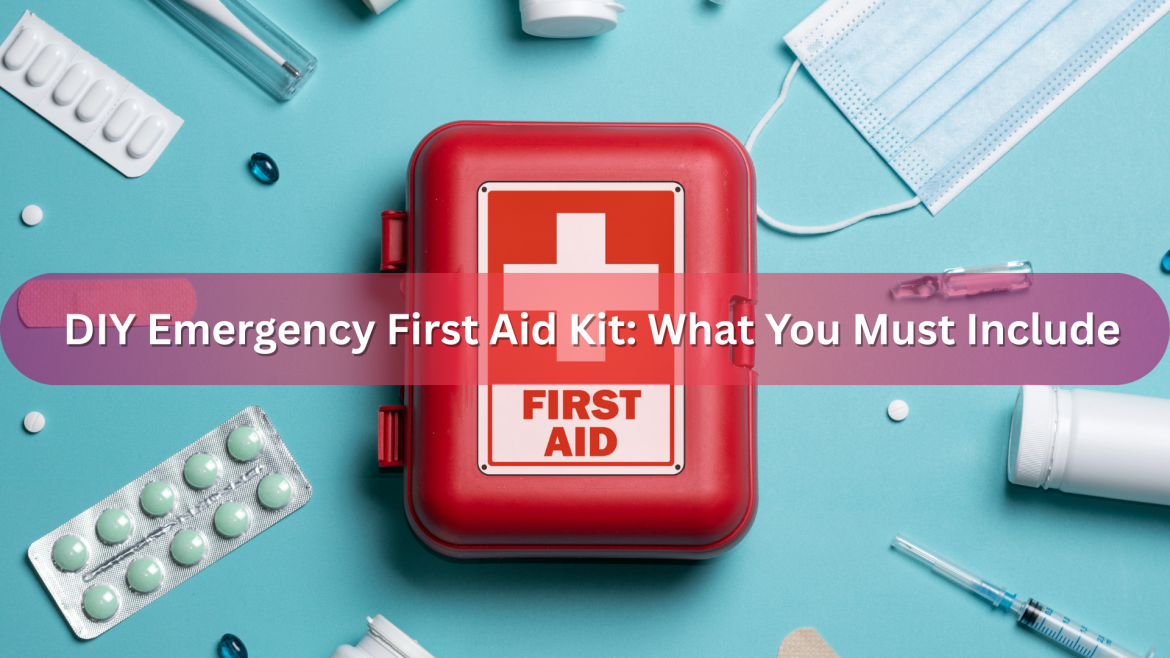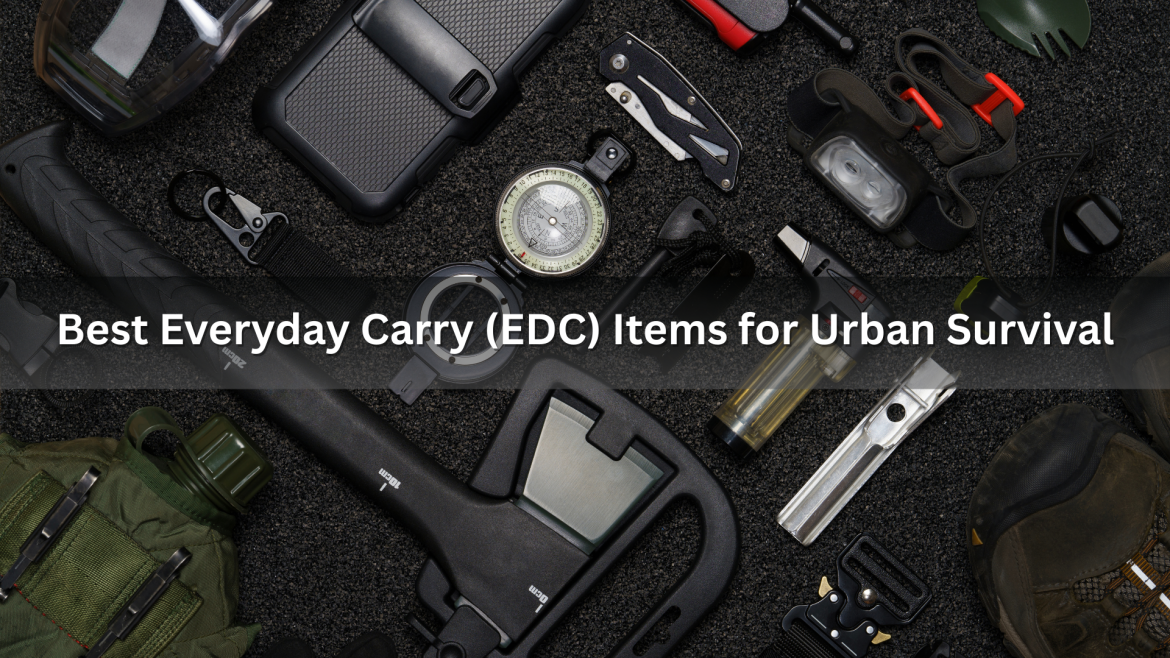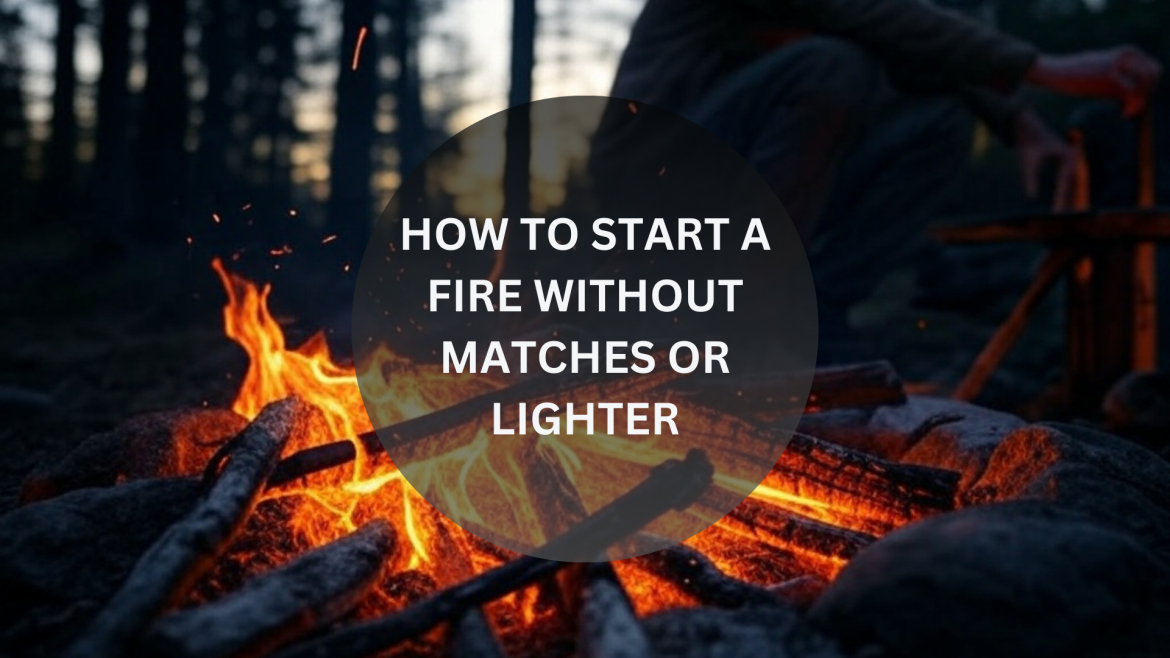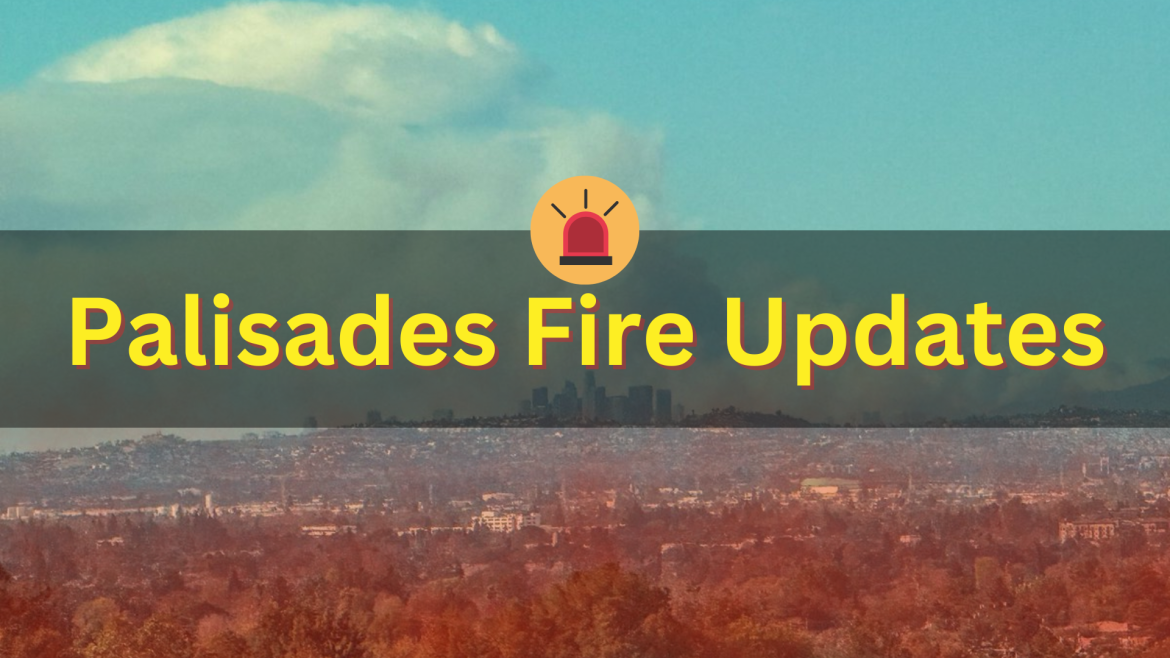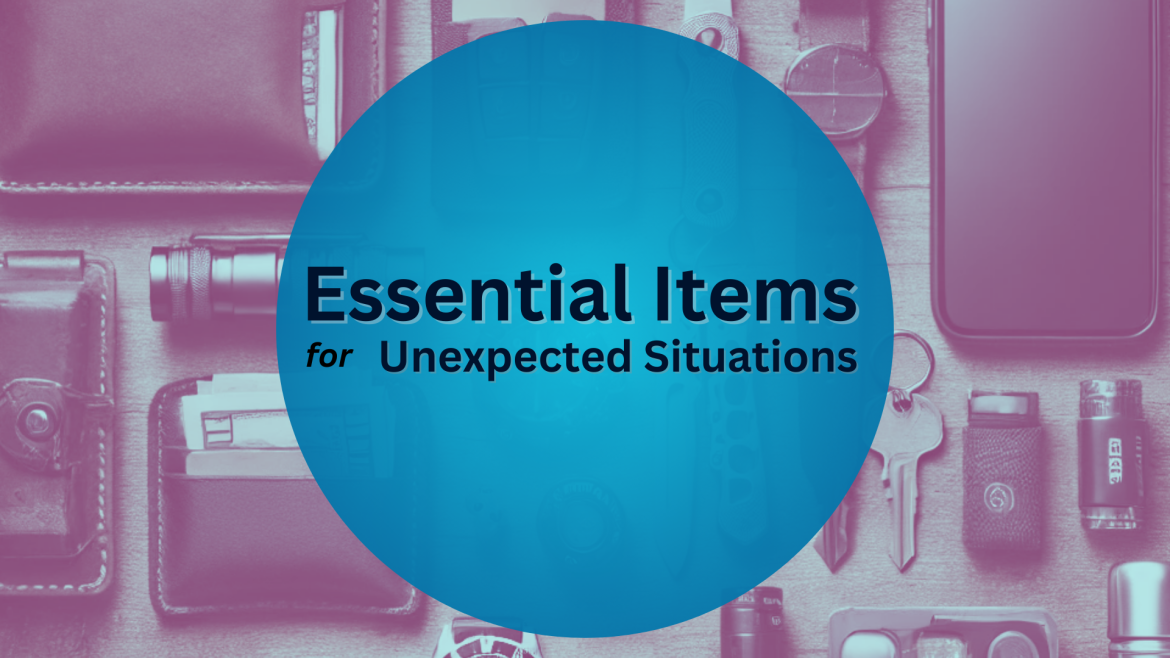Emergency Communication: Staying Connected Without a Phone In today’s hyper-connected world, it’s easy to assume help is just a phone call away. But what happens
Category: Basics
DIY Emergency First Aid Kit: What You Must Include
DIY Emergency First Aid Kit: What You Must Include When disaster strikes—whether you’re trekking through the wilderness or facing an unexpected crisis at home—a DIY
Best Everyday Carry (EDC) Items for Urban Survival
Best Everyday Carry (EDC) Items for Urban Survival Urban environments are a unique beast—crowded streets, limited green space, and the ever-present hum of activity can
Best Camouflage and Concealment Tactics for Survivalists
In a survival scenario, being seen can turn you into a target. Whether you’re dodging threats in the wilderness or navigating a crisis in the city, mastering camouflage and concealment is as essential as knowing how to build a fire or find shelter.
How to Start a Fire Without Matches or a Lighter
Fire is one of the most critical survival elements, providing warmth, cooking capabilities, protection, and even a psychological boost. But what if you find yourself without matches or a lighter? Knowing alternative fire-starting methods can be a lifesaver in the wild. This guide will teach you practical, reliable ways to start a fire using natural and improvised techniques.
Fire Emergency Bugout Bag
Prepare for California wildfires with this comprehensive guide on building a wildfire-ready bugout bag. Learn what essentials to pack, including safety gear, first aid, food, water, and tools, to ensure your safety during emergencies. Stay informed, ready, and protected with expert tips tailored for wildfire evacuation.
Twitter/X updates of Palisades Fire
A rapidly expanding wildfire in Pacific Palisades has consumed over 200 acres, prompting mandatory evacuations. Residents are urged to evacuate immediately and stay informed through official channels. Emergency contacts include LAFD at (213) 485-6185 and LAPD at (877) 275-5273. An evacuation center is established at Westwood Recreation Center, 1350 South Sepulveda Boulevard. Stay safe by following evacuation orders and preparing for potential power outages.
Palisades Fire Updates
A rapidly expanding wildfire in Pacific Palisades has consumed over 200 acres, prompting mandatory evacuations. Residents are urged to evacuate immediately and stay informed through official channels. Emergency contacts include LAFD at (213) 485-6185 and LAPD at (877) 275-5273. An evacuation center is established at Westwood Recreation Center, 1350 South Sepulveda Boulevard. Stay safe by following evacuation orders and preparing for potential power outages.
12 Essential Everyday Carry Items for Unexpected Situations
Discover the essentials of Everyday Carry (EDC) and learn how to build a personalized kit for preparedness and self-reliance. From multitools to portable chargers, stay ready for daily challenges and unexpected situations with these practical items.
The Looming Threat: Magnetic Pole Shifts and the Next Extinction-Level Event
Discover the chilling connection between magnetic pole shifts and extinction events. Learn how past geomagnetic disruptions impacted DNA diversity and why the next shift, expected in the next 25 years, could pose a catastrophic threat to life on Earth. Prepare now for survival in the face of cosmic radiation and technological collapse.
